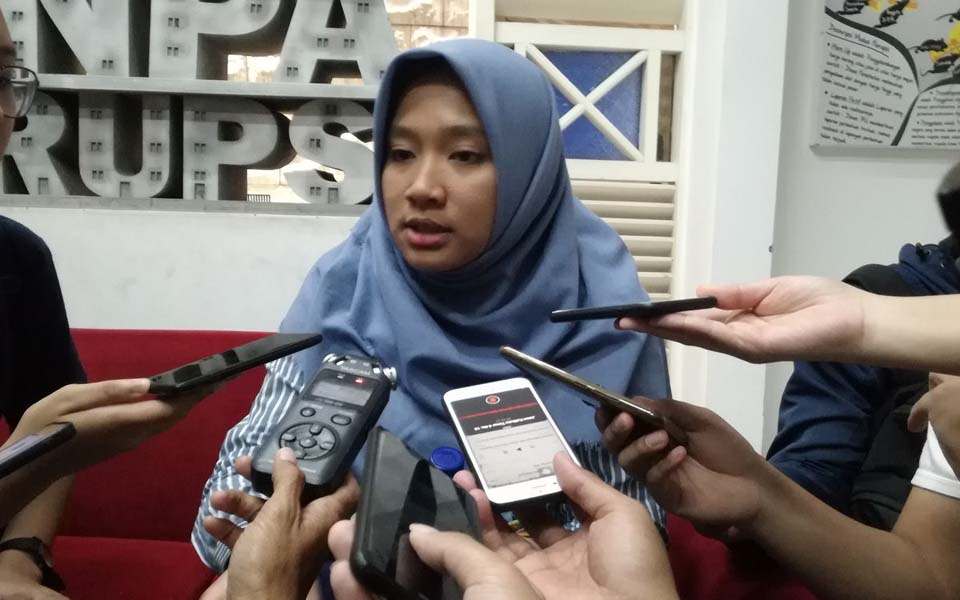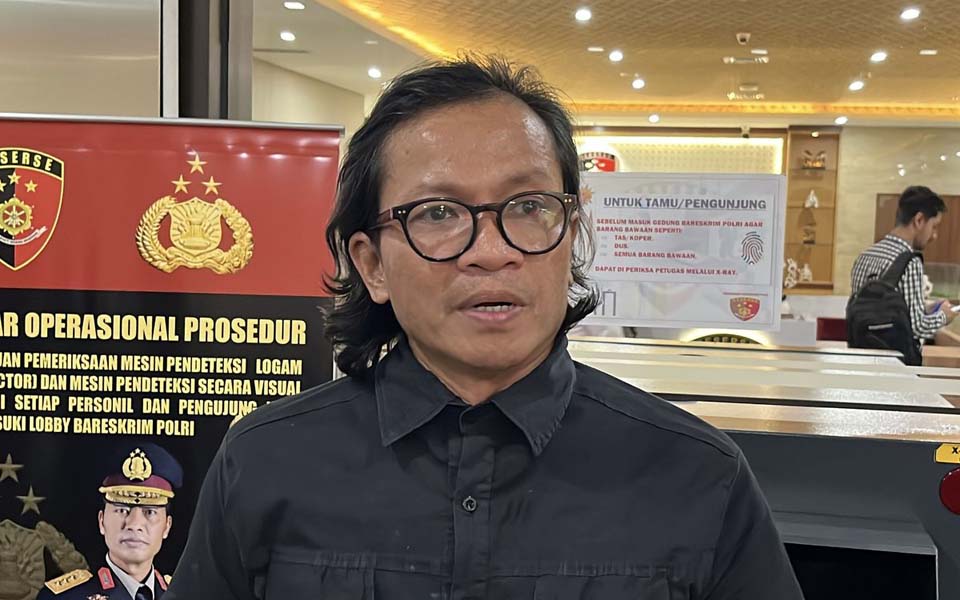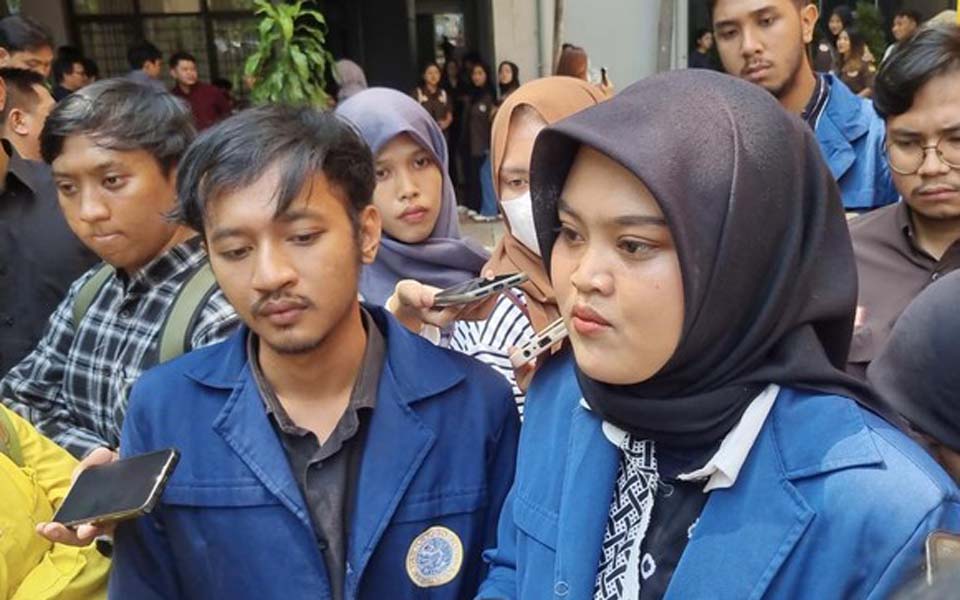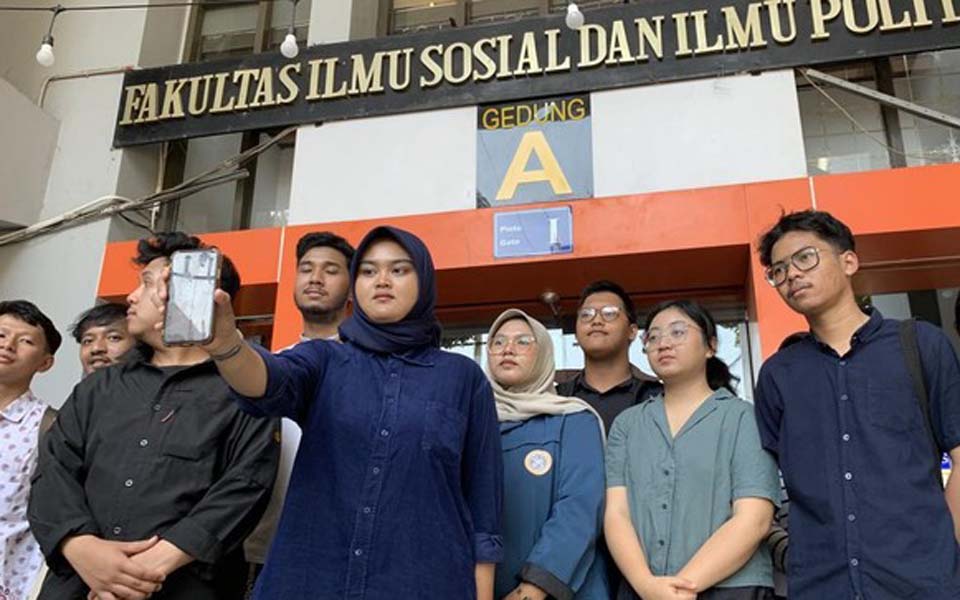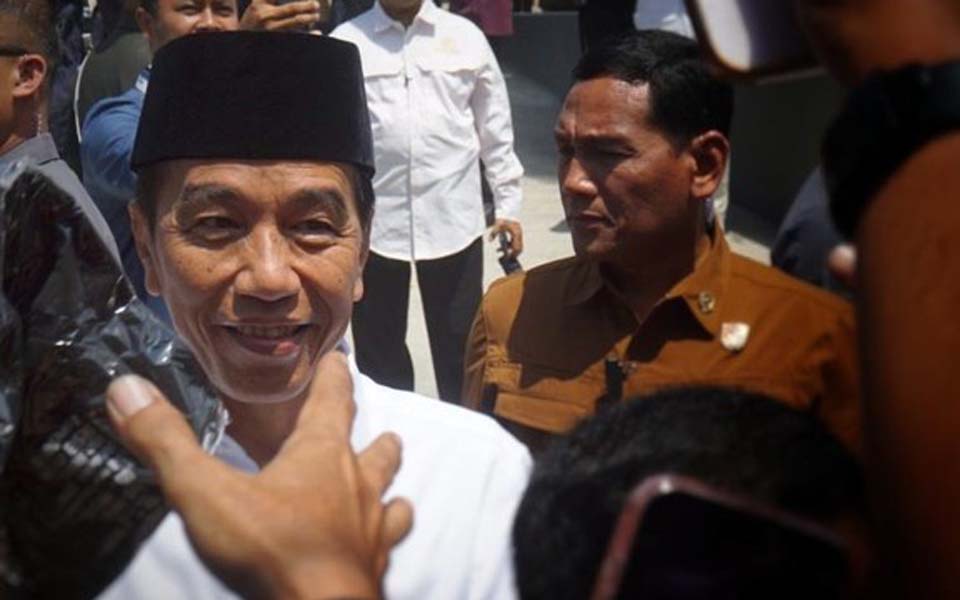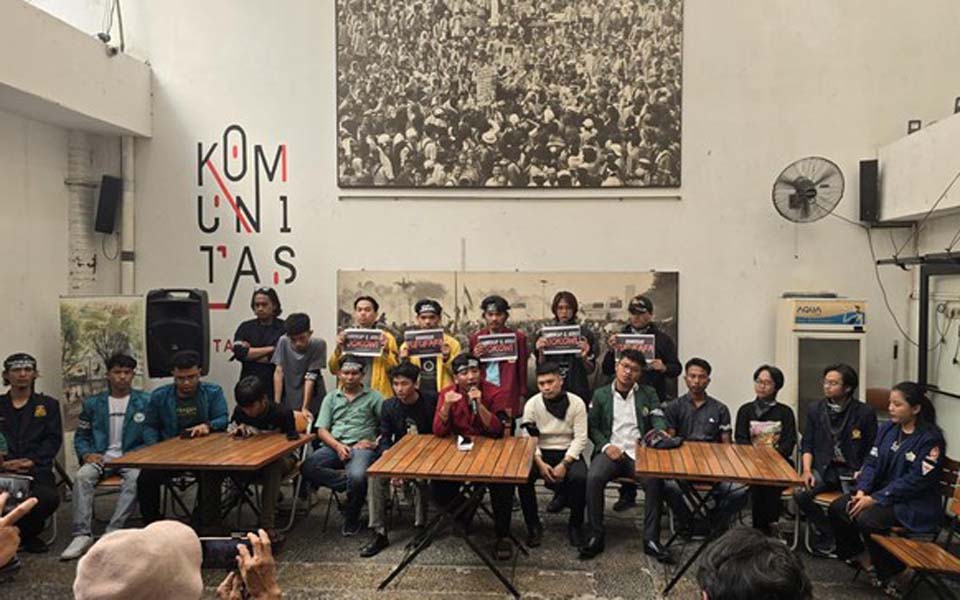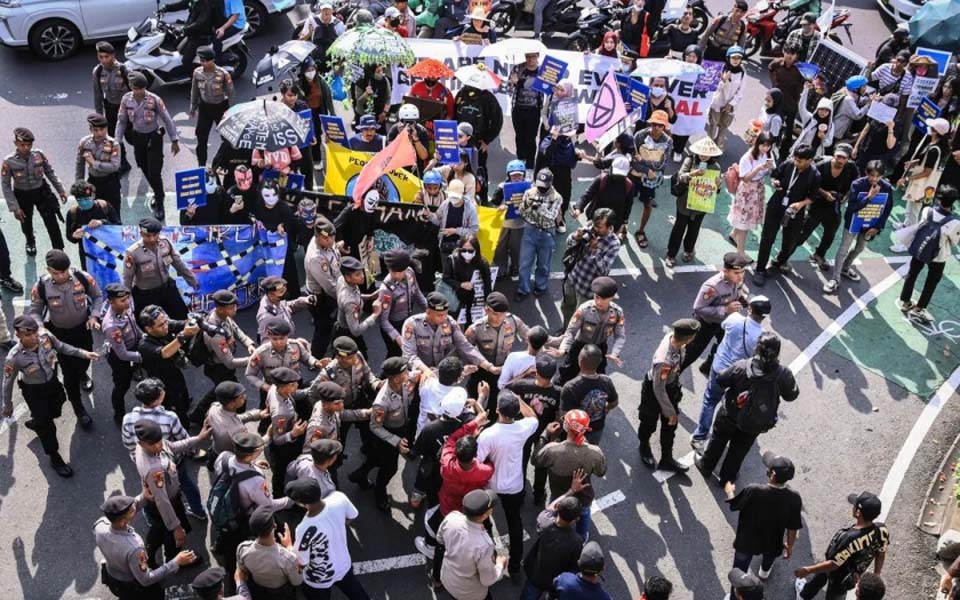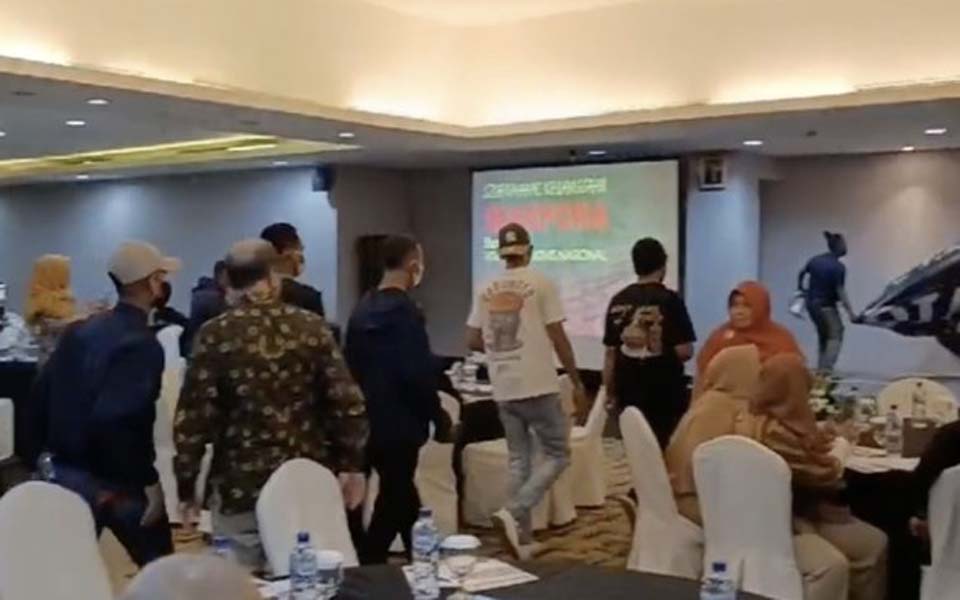Adi Ahdiat, Jakarta – Research and international digital rights advocacy institute Freedom House says that internet freedom in Indonesia has worsened compared with last year.
According to their rating, in 2018 Indonesia was rated as 54 out of 100, but in 2019 its position dropped to a ranking of 51.
“Internet freedom in Indonesia declined because of restrictions on access to social media along with widespread manipulation of content for political interests during the 2019 pemilu [elections]”, Freedom House said in its report.
“This country (Indonesia) continues to face challenges from corruption, discrimination against minority groups, separatist tensions in Papua and arrests using the articles on defamation and blasphemy”, said Freedom House.
Internet freedom challenges
Freedom House measured internet freedom in Indonesia using three indicators: obstacles to access, limits on content and violations of user rights.
In terms of obstacles to access, Indonesia scored badly due to the uneven spread of internet access around the country.
“Even though the level of internet penetration and infrastructure has improved, connectivity is still very much concentrated in western Indonesia, particularly in cities on Java Island”, said Freedom House.
In terms of limits on content, Freedom House said that the Indonesian government frequently blocks internet access arbitrarily.
“The (Indonesian) government’s procedures for restricting online content are generally not based on the principles of democracy. This can be seen for example from the blocking of Internet access during the May 2019 [post election] riots [in Jakarta]”, said Freedom House.
In terms of violations of user rights meanwhile, Indonesia was rated poorly because of the frequent criminalisation of expression of opinion on social media.
One example that was seen was the case of Veronica Koman, a lawyer and human rights activist who actively spoke out about the riots in Papua on Twitter.
A number of domestic and international human rights group have asserted that Koman’s tweets about the Papua riots contained information about alleged human rights violations which need to be followed up.
The Indonesian police however alleged that the tweets were hoaxes and hate speech and Koman was declared a suspect and is now a fugitive on the police’s wanted list.
“The police also acted against the general dissemination of disinformation, not just charging the authors of content, but also those who unintentionally shared [the content]”, said Freedom House.
[Translated by James Balowski. The original title of the article was “Freedom House: Kebebasan Berinternet di Indonesia Memburuk”.]






